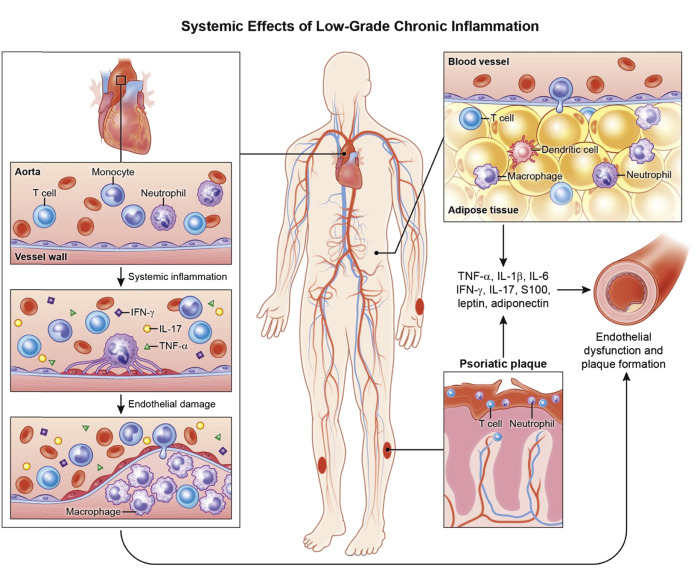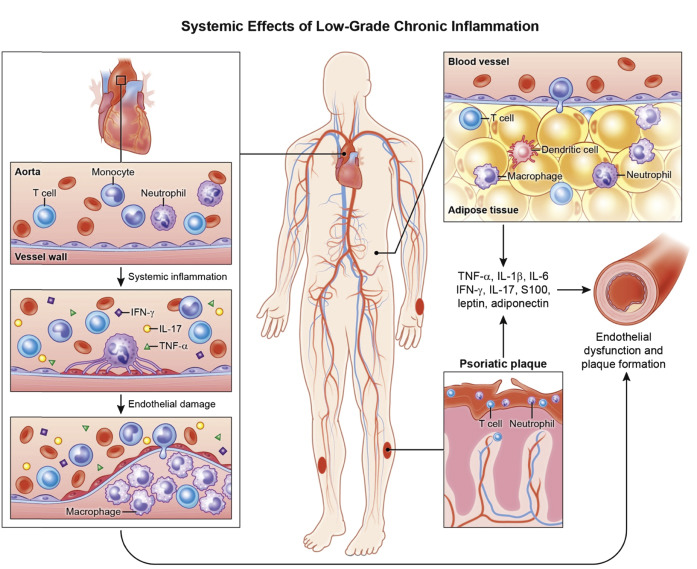- A healthy diet should include unsaturated fats, which can be found in avocados, nuts, seeds, oily salmon, and olive oil.
- Research has connected these fatty acids to decreased LDL (or “bad”) cholesterol and inflammation.
- Nevertheless, a recent study indicates that elevated blood levels of certain inflammatory indicators are associated with both omega-3 and omega-6 polyunsaturated fatty acids (PUFAs).
Because they’re loaded with unsaturated fatty acids, avocados, almonds, seeds, oily salmon (like salmon in olive oil) all appear to be healthy on a balanced diet. Studies have shown that unsaturated fatty acids ( omega-3 ), particularly omega-3 (Trusted Source ) may lower the level of low-density lipoprotein (LDL), or “bad ” cholesterol – a risk factor for heart disease and inflammation.
But an analysis of recently published findings suggests polyunsaturated fatty acids may actually raise blood plasma levels of a few inflammatory markers.
Both omega-3 and omega-6 polyunsaturated fatty acids (PUFAs) were associated with higher levels of glycoprotein acetyls (GlycA) (Trusted Source) biomarkers and higher cardiovascular risk, the study, published in The International Journal of Epidemiology, found.
Connections to blood inflammatory biomarkers
The main analysis was performed on 2, 802 participants from the Avon Longitudinal Study of Parents and Children (ALSPAC) birth cohort, who have been track their pregnancy and children since 1991 and 1992 The ALSPAC birth cohort recruited 14, 541 pregnant women living in southwest England, and were able to replicate their findings by using data from 12, 401 people in the UK Biobank.
After 24 years, researchers took the ALSPAC offspring for evaluation; they adjusted for (at birth) the son/daughter’s sex, mothers/father’s smoking status during pregnancy, household social class at birth, the mother’s highest level of education at birth, the type of drinker at 24 months, the type of smoker at 24 months, and the mother’s age at the 24 month clinic.
According to Daisy Crick corresponding author of the MRC Integrative Epidemiology Unit, University of Queesland in Australia, and Institute for Molecular Bioscience, Queensland University in Australia, the study was:
DHA, total omega-3 LA, total omega-6, and the omega-6: omega-3 ratio in the blood were used to calculate dietary fatty acids The biomarkers (CRP, IL-6, glycoprotein acetyls) in the blood were the chemicals that we investigated for evaluation of inflammation.
Are omega-3 fatty acids inflammatory?
Greater levels of GlycA were also found to be associated with omega-3 and omega-6 levels in both cohorts, the researchers reported.
Holland stated to Medical News Update:-
Unexpectedly, however, the findings show that higher levels of a new inflammatory marker called GlycA – low grade chronic inflammation – are associated with omega-3 and omega-6 fatty acids. This was surprising, not least because omega-3 fatty acids are traditionally sold as having anti-inflammatory properties.
The omega-3 fatty acids are found in plant sources (wheat, flaxseed, walnuts, chia seeds, flaxseed) and dark fat fish like salmon and sardines, ” he explained. “They’re traditionally thought to soothe the immune system, but when GlycA was used as a marker in this study, omega-3 indices were associated with more inflammation rather than less, ” he added.
The ratio of omega-6 to omega-3 fatty acids may be crucial.
All three inflammatory indicators were consistently linked to a greater omega-6:omega-3 ratio in the ALSPAC sample.
Holland informed us that our altered diet has an impact on this ratio:
This [result] confirms previous research showing that the balance of your diet is more important than the quantity of omega-3 you ingest. Actually, studies show that this ratio has changed significantly in the last few years. People used to generally consume a 4:1 ratio of omega-6 to omega-3 a century ago. Today, the ratio has skyrocketed to between 15:1 and 20:1 because of contemporary diets high in artificial seed oils. This change fosters an environment that is pro-inflammatory, which may be a factor in autoimmune disorders, allergies, and chronic illnesses.
Fatty acids and health have a complicated relationship.
While the study found that PUFAs were associated with a few of the three biomarkers, the authors say that since different biomarkers capture different aspects of inflammation, it’s possible that they missed some important interactions that PUFAs have with inflammation by selecting only three biomarkers. Further studies to examine the impact of PUFAs on inflammation should use more biomarkers and be further in their search for another mechanism.
Additional investigations should follow on from this, Holland told MNU.
It should be noted that the study focused on only three indicators of inflammation in the study. Given the complexity of the immune system, I think omega fatty acids may affect other pathways that are not addressed here. Likely to decrease GlycA just slightly. May lessen temporary inflammation. May help in fighting certain diseases. Will be better understood with more studies with a wider range of immunological indicators.
While the results are imperfect they do show that the link between fatty acids and health may be far more complex than we thought.




